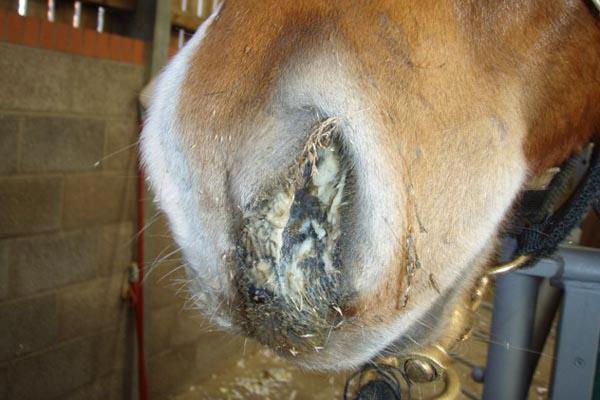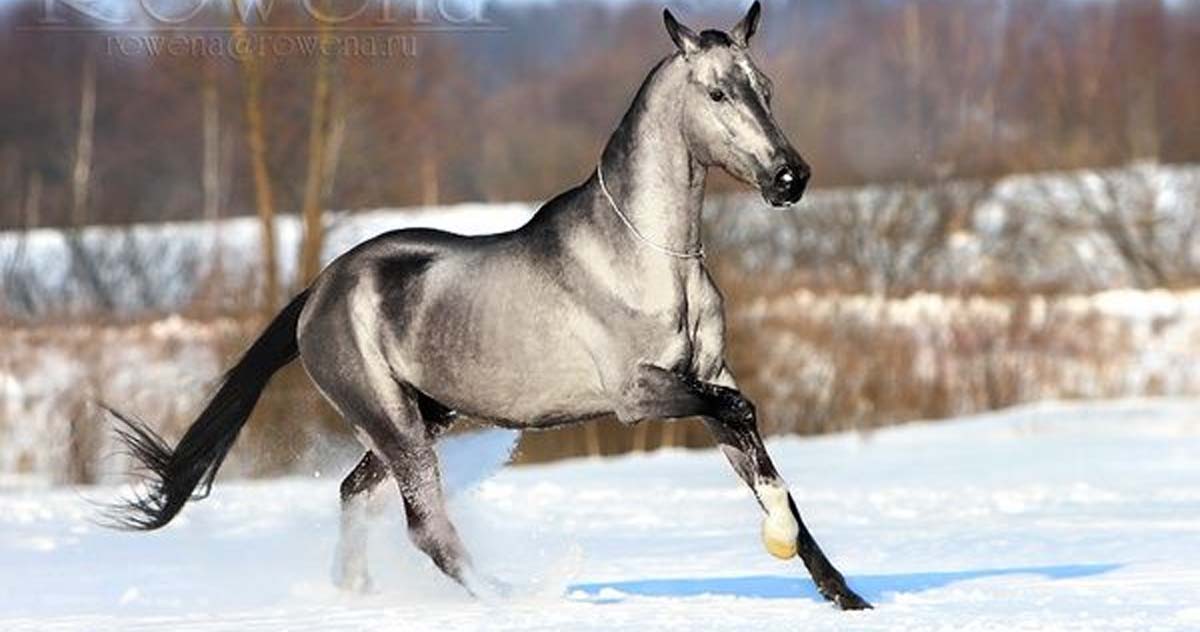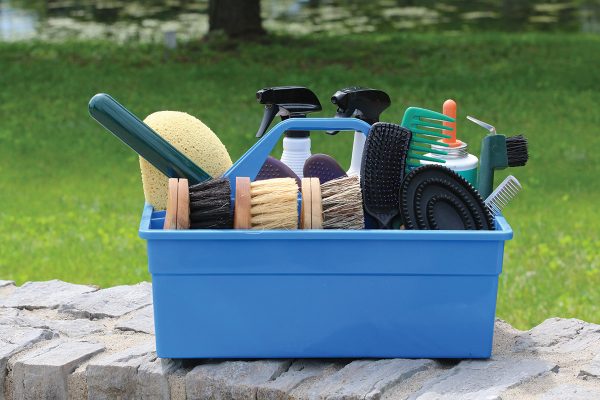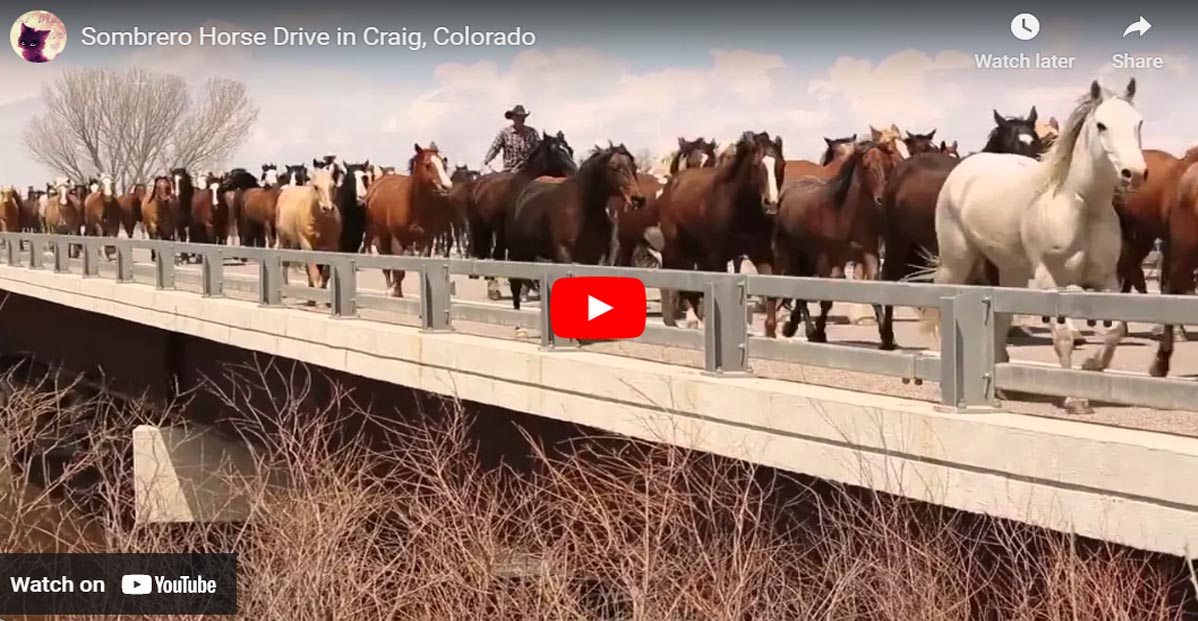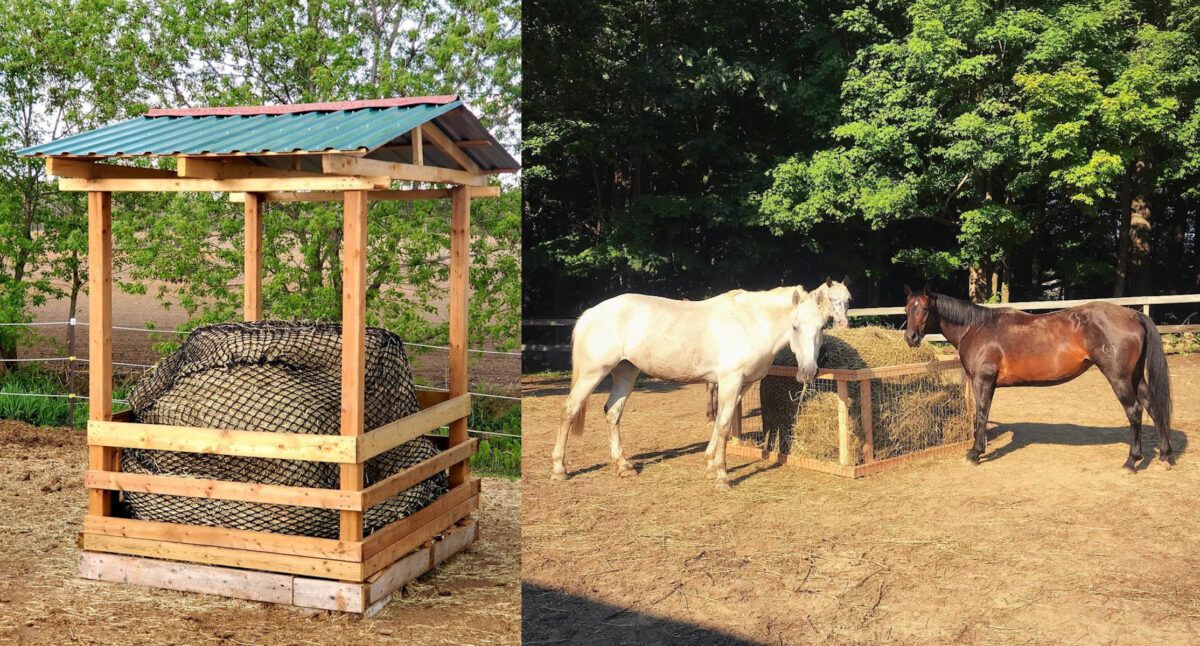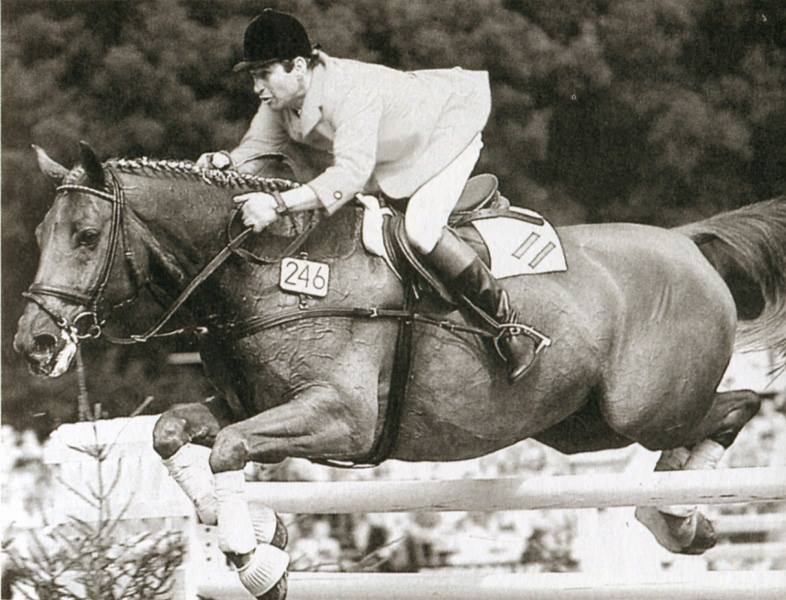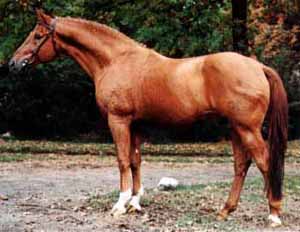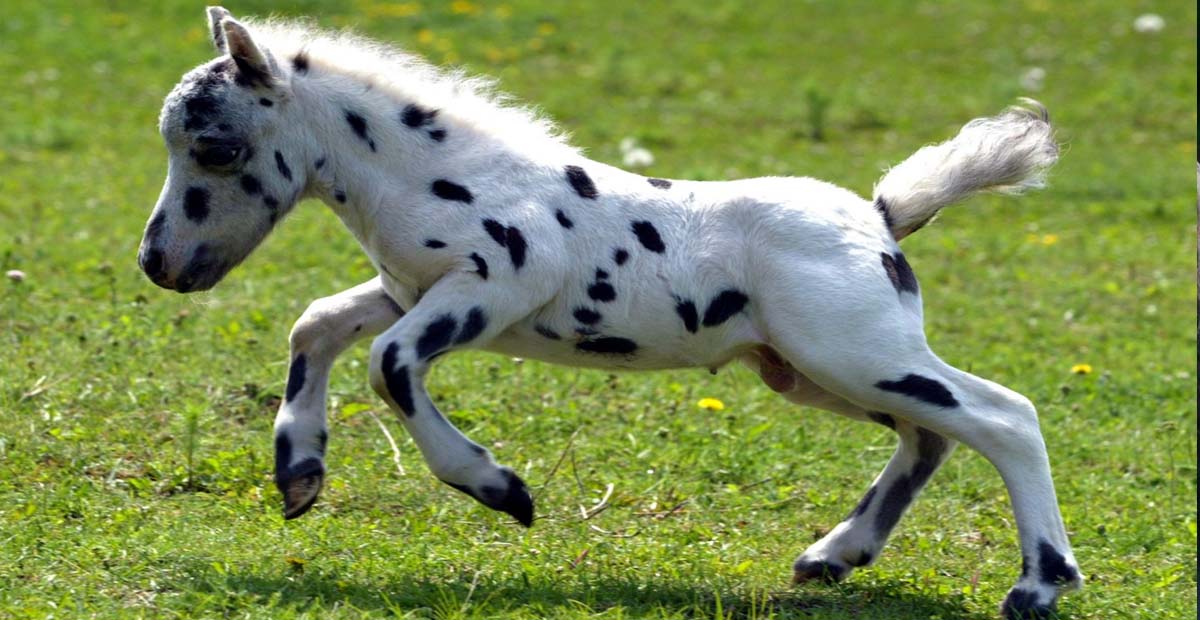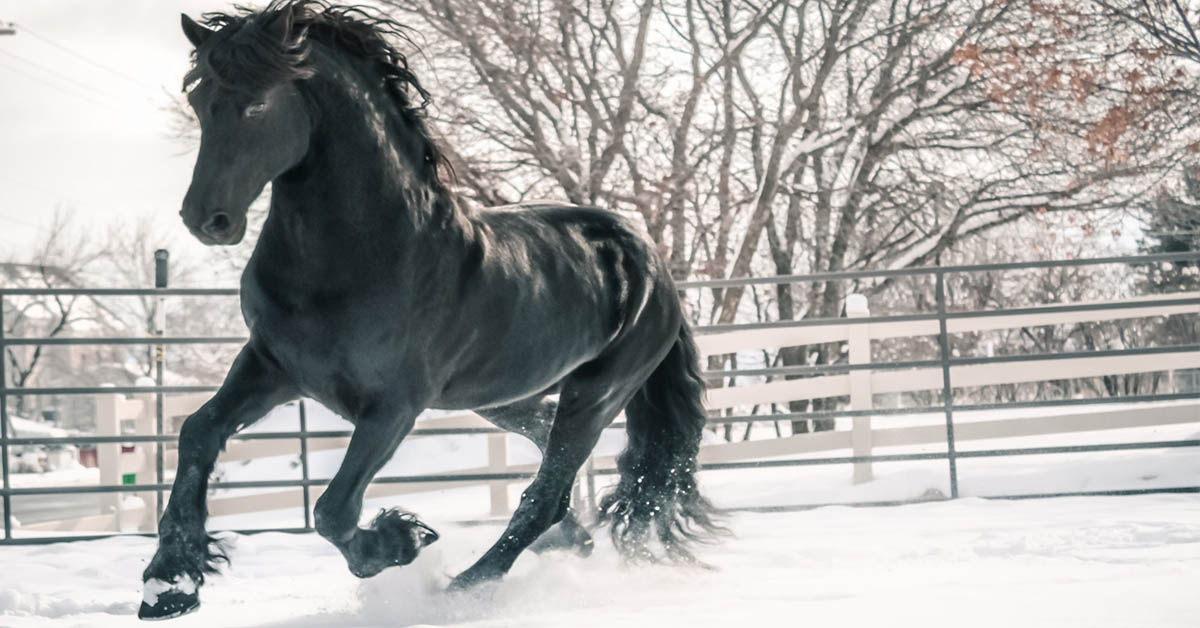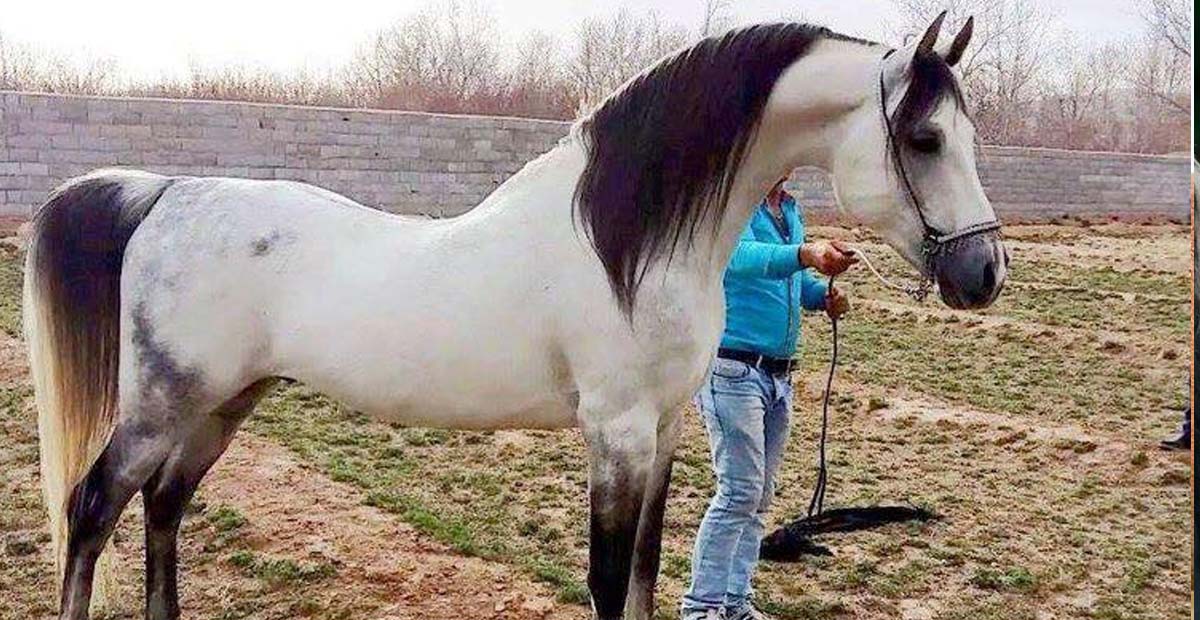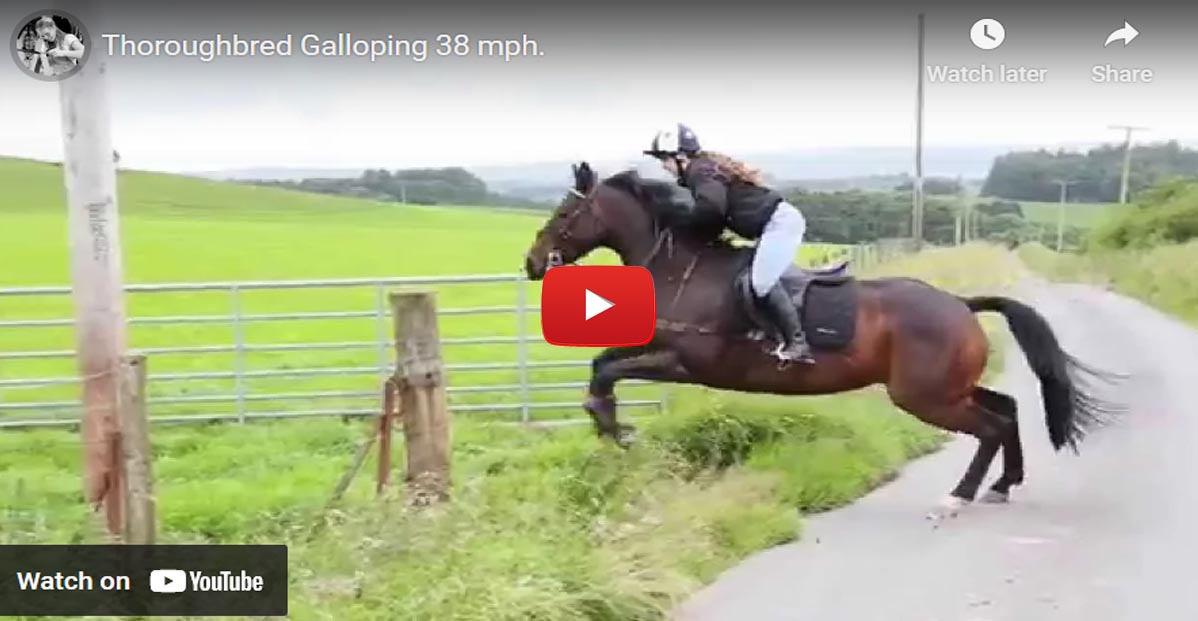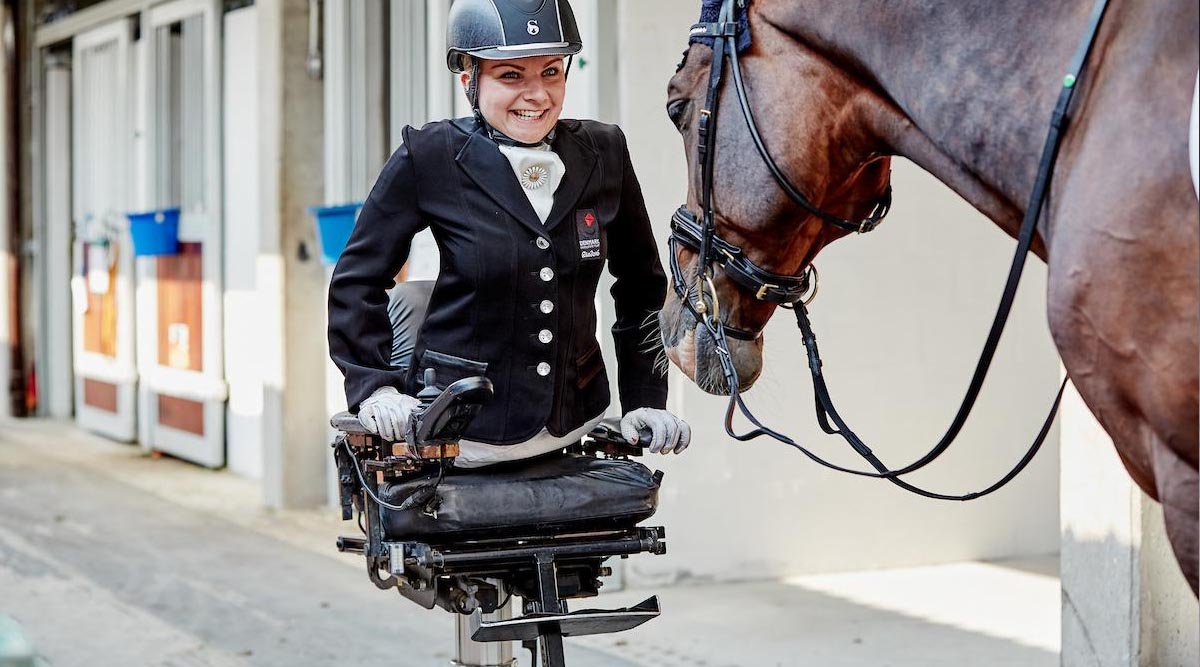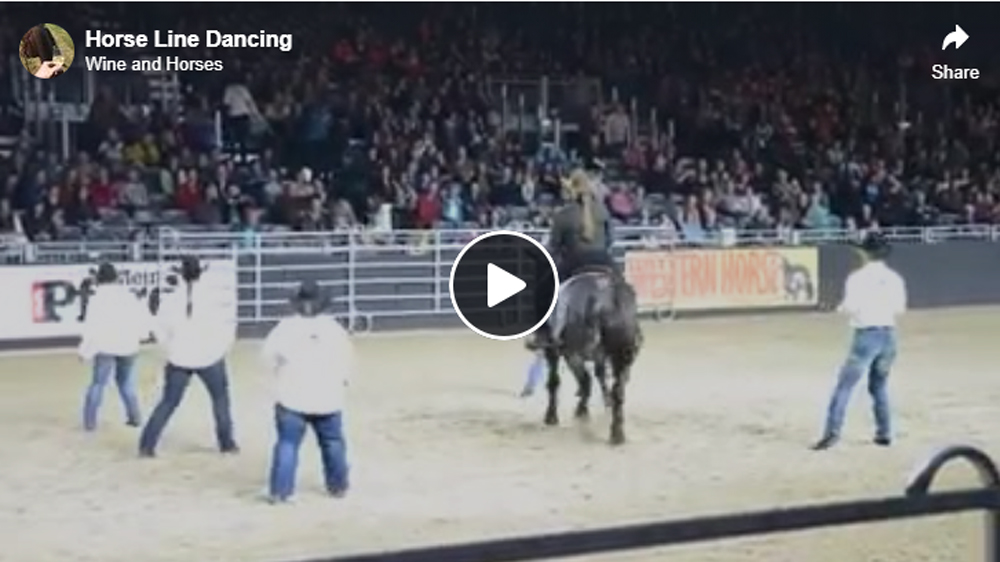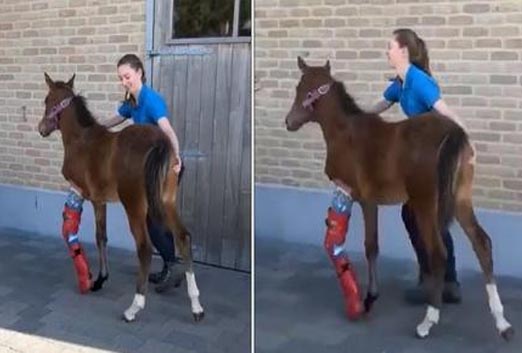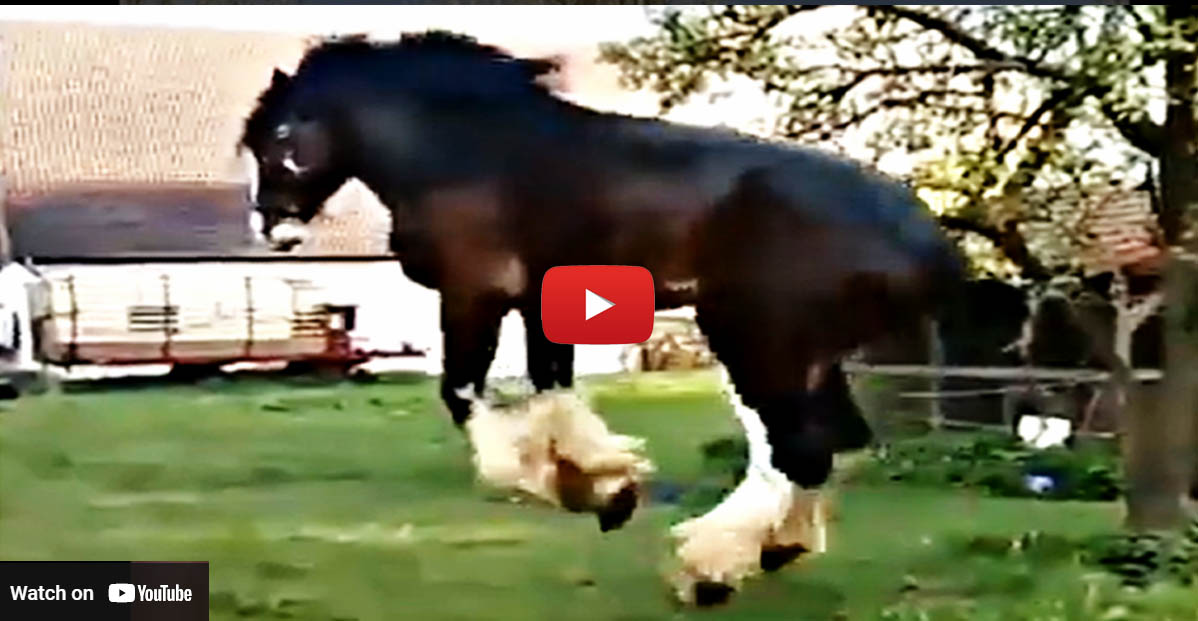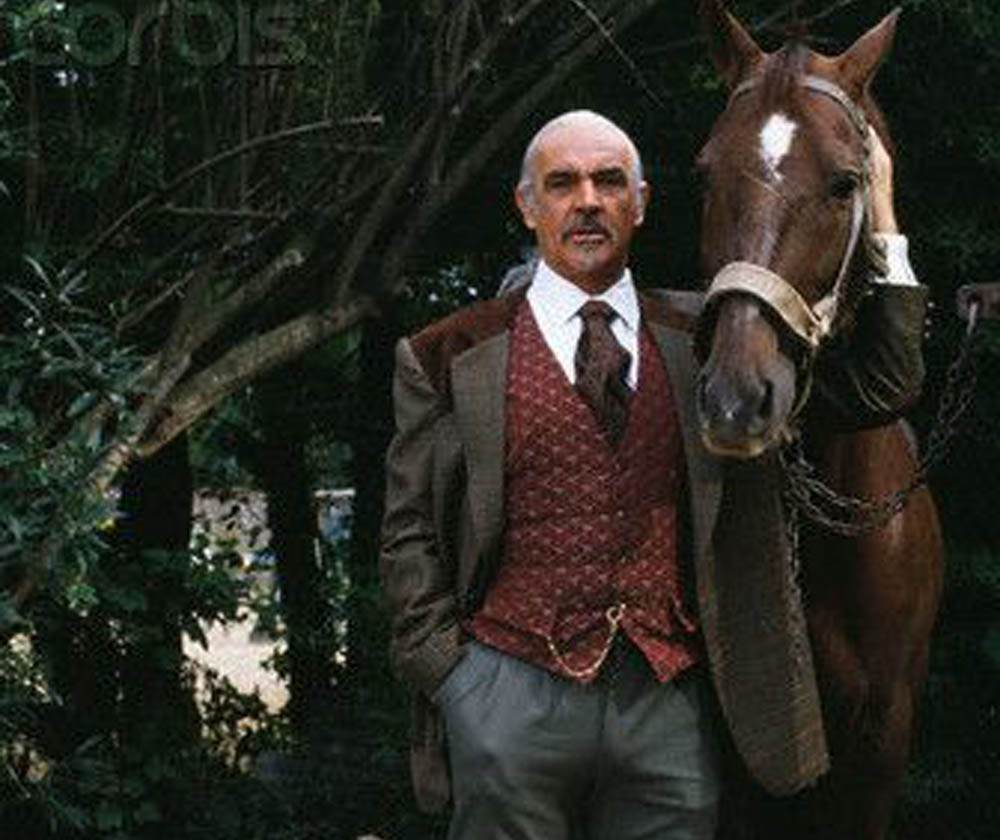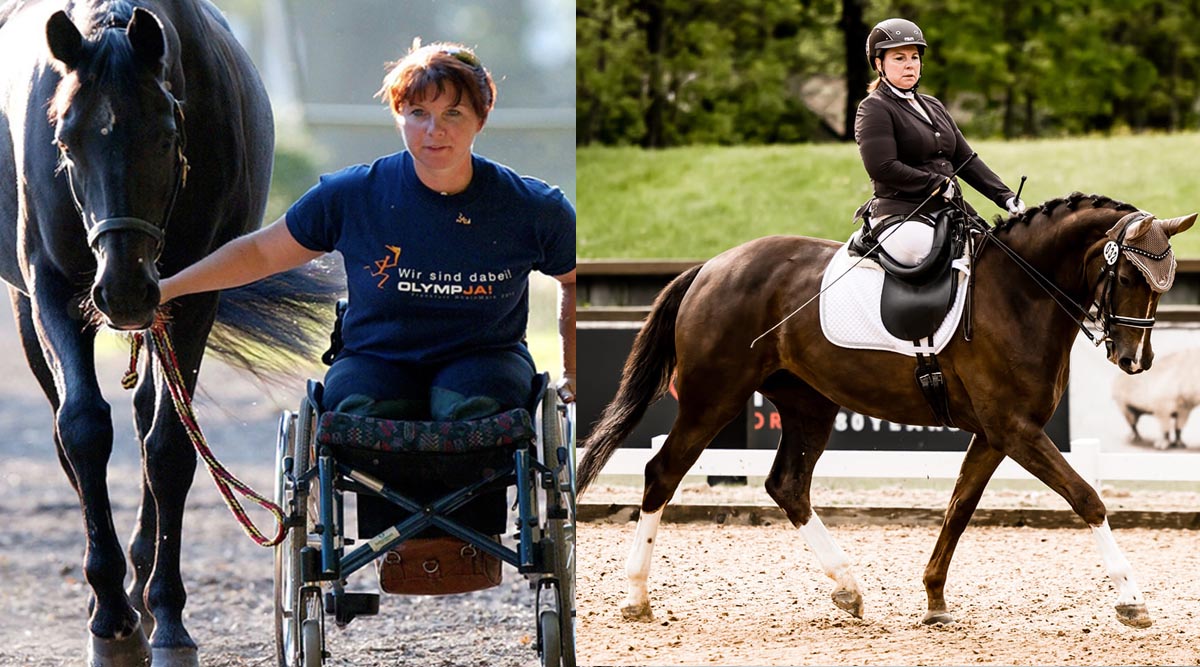All You Need To Know About Equine Flu And How To Continue Competing
Equine Flu is not new, but the last few months have seen a number of confirmed cases all over the UK that is having adverse effects on the horse show calendar with events being cancelled and a reduction in the number of entries competing at the shows that are still continuing to run. In addition many the events that are continuing to run are carrying out checks to ensure any horses competing have up to date flu vaccinations.
Many organisations are publishing warnings about unnecessary movements of your horse
Obviously this will help you and your horse avoid any dangers of getting infected by flu or any other virus that are so often transmitted at equestrian events all around the country. It also has the added benefits of being able to compete at a date and time that suits you and save the costs of travelling to and from a show.
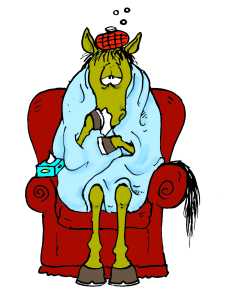
Many organisations are publishing warnings about unnecessary movements of your horse
Symptoms of Equine Flu
Horse flu is highly infectious and can be easily transmitted in the air, clinical signs usually appear within 3-5 days of exposure to the virus and they can last for 3-6 weeks and taking many months for your horse to recover fully. If you believe your horse has equine influenza you should isolate your horse from other horses and certainly shouldn`t travel off your yard. In addition you should ensure you don`t share rugs, head collars, brushes or any other equipment. In most cases an infected horse will make a full recovery but equine flu can have much more severe health effects on young horses or older horses, signs of equine flu includes :- Fever & High Temperature
- Nasal Discharge
- Dry Cough
- Lack Of Appetite (Not eating or Drinking)
- Muscle pain, unwillingness to walk or move
- Enlarged Lymph Nodes
Treatment For Equine Flu
If you are worried about your horse then it is always advisable to call a vet out to examine and test. The best treatment is to ensure your horse is vaccinated against equestrian influenza, if you believe your horse has come down with the flu then make sure you rest your horse, ensure the stable is kept clean and dry while making sure the stall is well ventilated and the bedding that you use is dust free. In some cases when the vet is called out they may prescribe antibiotics which may speed in the recovery from equine flu.Why Not Compete Without Leaving Your Home?
HayGrazer E-Riders embrace the advantages of modern technology allowing you compete with other riders without your horse leaving your yard, they have regular competitions listed on their website, to enter you simply need to get a friend to video you doing your dressage test then upload it to E-Riders to enter. You will then receive a test sheet through the post along with any rosette`s or prizes you may have won.Obviously this will help you and your horse avoid any dangers of getting infected by flu or any other virus that are so often transmitted at equestrian events all around the country. It also has the added benefits of being able to compete at a date and time that suits you and save the costs of travelling to and from a show.



